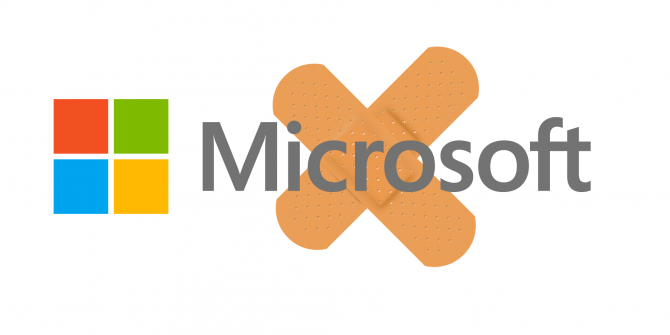Microsoft once again has issues with updates for Windows. Where previously mainly Windows 10 was affected, this time it affects all Windows versions from Windows 7. The issues affect Access databases, Internet Explorer and an issue specifically hits Japanese users.

After this month's Patch Tuesday, users reported new issues to Microsoft and the company has now added them to its website. In total there are three bugs that affect Windows 7, Windows 8, Windows 8.1 or Windows 10.
One issue is fascinating, it can be considered the Japanese Y2K (Year 2000 bug) and doesn't affect the last three Windows 10 version. Microsoft describes the issue as, “After installing this update, the first character of the Japanese era name is not recognized as an abbreviation and may cause date parsing issues.”
The solution gives more away about the problem. Microsoft writes the workaround for the issue is, “Modify the registry with the two-character abbreviation for Japanese eras as follows: [REGISTRY] "1868 01 01"="明治_明_Meiji_M" "1912 07 30"="大正_大_Taisho_T" "1926 12 25"="昭和_昭_Showa_S" "1989 01 08"="平成_平_Heisei_H".”
The names in Latin alphabet (in which English is written) are names of Japanese emperors, after which Japanese eras are named. Where in the Western world, there was a date issue when time changed between 23:59 on the 31st of December 1999, in Japan these were issues with multiple eras. Microsoft has also withdrawn Office updates due to this bug.
Another bug affects Access 95 databases. Microsoft describes the issue as, "Applications that use a Microsoft Jet database with the Microsoft Access 95 file format may randomly stop working."
While there is no real fix available yet, Microsoft provides three workarounds on its website. These workarounds involve either converting the database, creating a VBScript file and/or typing several commands on the command line. Previously a similar issue also affected Access 97 databases.
The last bug affects Internet Explorer which is unable to load images that have backslash in their path. Microsoft describes the issue on its website, “After installing this update, Internet Explorer may fail to load images with a backslash (\) in their relative source path.”
As a workaround, Microsoft recommends changing the backslash (\) to a forward slash (/).
Users who are affected by any of the bugs can apply a workaround or wait till Microsoft provides an update that fixes them.
















